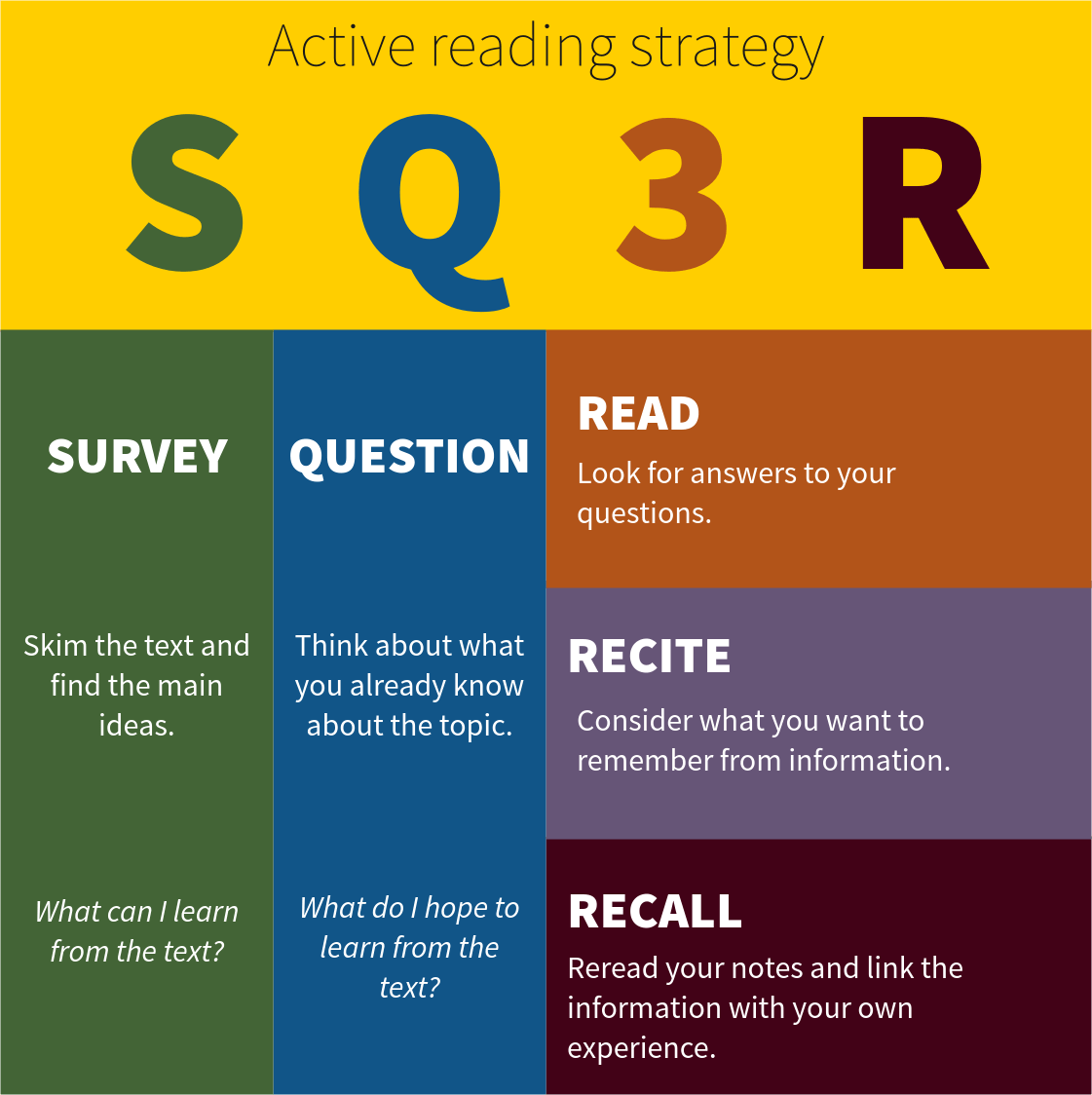What is memory?
Memory is the power of the brain to recall past experiences or information and the power of recalling to mind previously learned facts, impressions, skills and habits. Memory plays a big role in our life. Memory Strategies is a techniques that can be used to learn and retain new knowledge.
How to improve memory:
- Meditate to improve your working memory
- Eat berries for better long-term memory
- Exercise to improve your memory recalls
- Chew gum to make stronger memories
- Sleeps more to consolidate your memories
- Drink coffee to improve your memory consolidation
To learn and remember, we must encode, storage and retrieve information.
STEP 1: ENCODING
Allows the perceived item of use or interest to be converted into a construct that can be stored within the brain and recalled later from long-term memory.
STEP 2: STORAGE
Process of placing newly acquired information into memory, that modified in the brain for easier storage.
STEP 3: RETRIEVE
Refers to the subsequent re-accessing of events or information from the past, which has been previously encoded and stored in the brain.
 |
Sensory memory
A very brief memory that allows people to retain impressions of sensory information after the original stimulus has ceased. The purpose is to retain information long enough for it to be recognized.
- Iconic memory: also known as visual sensory memory, involves a very brief image. Typically lasts for about one quarter to one-half of a second .
- Echoic memory: also known as auditory sensory memory, involves a very brief memory of sound a bit like an echo. Can last up to three to four seconds
- Haptic memory: also known as tactile memory, involves the very brief memory of a touch. Lasts for approximately two seconds.
Short-term memory
The capacity for holding, but no manipulating, a small amount of information in mind in an active, readily available state for a short period of time. It also should be distinguish from working memory, which refers to structures and processes used for temporarily storing and manipulating information.
Long-term memory
A system for permanently storing, managing and retrieving information for later uses. This may be available for a lifetime. It divided by two types;
- Explicit memories: also known as declarative memories. Explicit memory can be further divided into episodic memory (specific events) and semantic memory (knowledge about the world)
- Implicit memories: mostly unconscious, includes procedural memory which involves memories of body movement and how to use objects in the environment.

Concentration
The ability to think carefully about something you are doing and nothing else.
Cause of poor concentration:

The ability to think carefully about something you are doing and nothing else.
Cause of poor concentration:
- Lack of practice
- Doesn't understand the material
- Distracted by external stimuli
- Lack of motivation
- Not getting proper sleep or nutrition
- Learning difficult
- Anxiety
Strategies for improving concentration:
- Pay attention
- Get enough food and sleep
- Relate new information to what you already know
- Understand information
- Rehearse information
- Exercise your mind
- Develop a healthy lifestyle

SQ3R : Survey-Question-Read-Recite-Review
- A comprehension strategy that helps student think about the text they are reading while they're reading.
- Helps student "get it" the first time they read a text by teaching students how to read and think like an effective reader.



No comments:
Post a Comment